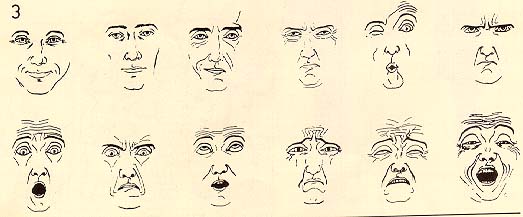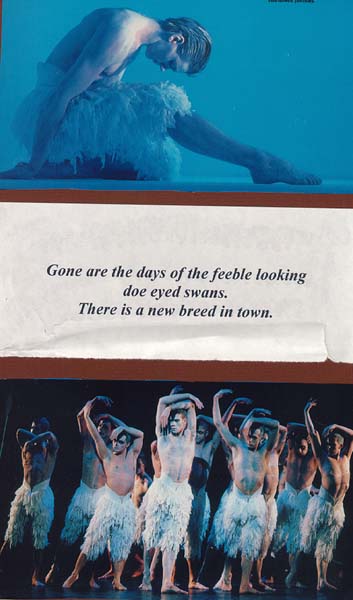
While we might not all want to make our living trying to get TV commercials and the rare movie or theatrical role, acting techniques are excellent ways of training the bodymindspirit and are particularly useful for writers and therapists who must be well versed in body language and the components of character.

BOUNDARIES: How does a performer balance empathy and objectivity when creating and/or becoming a character? How does this differ from the boundaries drawn by a therapist or writer?
CONSCIOUS/UNCONSCIOUS/SUPERCONSCIOUS: What is the interplay of these states of being as the performer improvises or creates a role? How does this differ from a therapist or writer?
TIME/SPACE EXTENSIONS: How do performers' perceptions of time and space differ from therapists, writers or bodies in the workplace?
BODY LANGUAGE: How does the body language of an actor or dancer differ from a therapist, patient, writer or body in the workplace?
Carry a tape recorder with you wherever you go so you can record your thoughts, capture the present of an emotion, improvise alone or in groups and eavesdrop. Listen to the speech rhythms of different people. Study the artistic recreation of behavior. Find an aspect of the performing arts that interests you and then compare it to the same phenomenon in therapy, or writing or existence in the workplace.